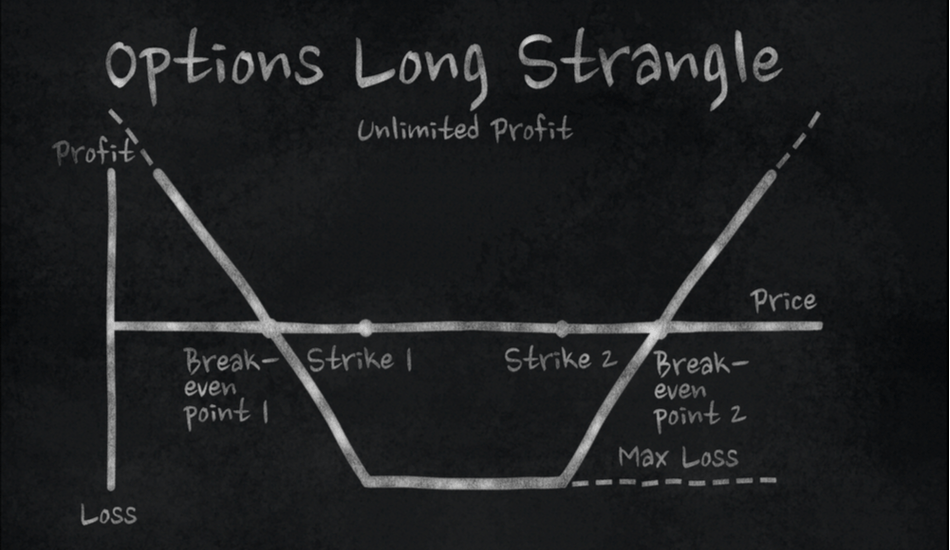
Asset management and investment funds: the differences
If you are planning to invest, you have the choice of investing yourself or having someone else invest for you. Do you not want to be involved in investments (much) yourself? Then you can choose to invest in funds as a self-investor. But you can also outsource it completely and choose an asset manager. Are you in doubt? Then it is good to know exactly how an investment fund and asset management differ from each other. In this blog we discuss the differences between asset management and an investment fund .
An investment fund: what exactly is that?
When it concerns a fund in which various investors participate, we speak of an investment fund . The money invested is used to buy shares and bonds. The profit made with this is divided among the various fund investors. Costs are charged for managing the fund. The management of these investments can be carried out by a bank, an insurer or a fund house. Furthermore, investment funds generally do not apply a minimum deposit or the deposit is relatively low.
If you choose an investment fund, you can give preference to a certain business sector (for example, IT or real estate) or a certain region. For example, there are funds with 100% shares of Dutch origin or funds that only trade in shares that yield a high dividend.

There are also investment funds that are increasingly responding to the demand for sustainable investments. Due to the great diversity in investment funds, it is sometimes difficult to make a well-considered choice for a good performing fund.
When you choose an investment fund, your money is invested without prior advice. This is also called ‘execution only’. The fund manager does not take your investment profile into account to limit risks, although an (online) questionnaire must often be completed about any experience and knowledge regarding investments.
Asset management: what does it entail?
We speak of asset management when you place your investment assets with a professional investor such as a bank or an independently established asset manager.
An advantage of asset management is that the order portfolio is fully tailored to the personal situation of the client and his/her wishes. Asset management is mainly aimed at the wealthy investor who likes to be in contact with the person who looks after his/her affairs. There is often a minimum deposit and this usually concerns a minimum deposit of €100,000. However, there are also options where the minimum deposit is lower, for example with online asset management .
When choosing an asset manager, you can be sure that there is a duty of care towards the client. This means that the asset manager invests based on a personal risk profile and the investment willingness of the client in question. The asset manager can also be held liable for an investment that is too risky.
You can expect asset managers to have an active role in managing the investments entrusted to them. They perform thorough research and ensure favourable diversification. Diversification can be achieved at various levels, ranging from geographic regions and business sectors such as financial institutions, healthcare and energy to the various asset classes, with a mix of equities and bonds.
Asset managers charge costs for the work performed. This often amounts to a certain percentage of the assets under management. The set percentage of this expense is in proportion to the size of the investment assets. Roughly speaking, most asset managers charge a percentage of management costs of 0.5 to 1.5% per year.
Conclusion: the differences
In conclusion, the biggest differences are the following:
- With investment funds, you still invest yourself: you have to buy the fund yourself and sell it at a certain point. You also have to select your fund yourself.
- With asset management, you completely outsource management.
- Investment funds are possible from a small minimum deposit, asset management is often not.
